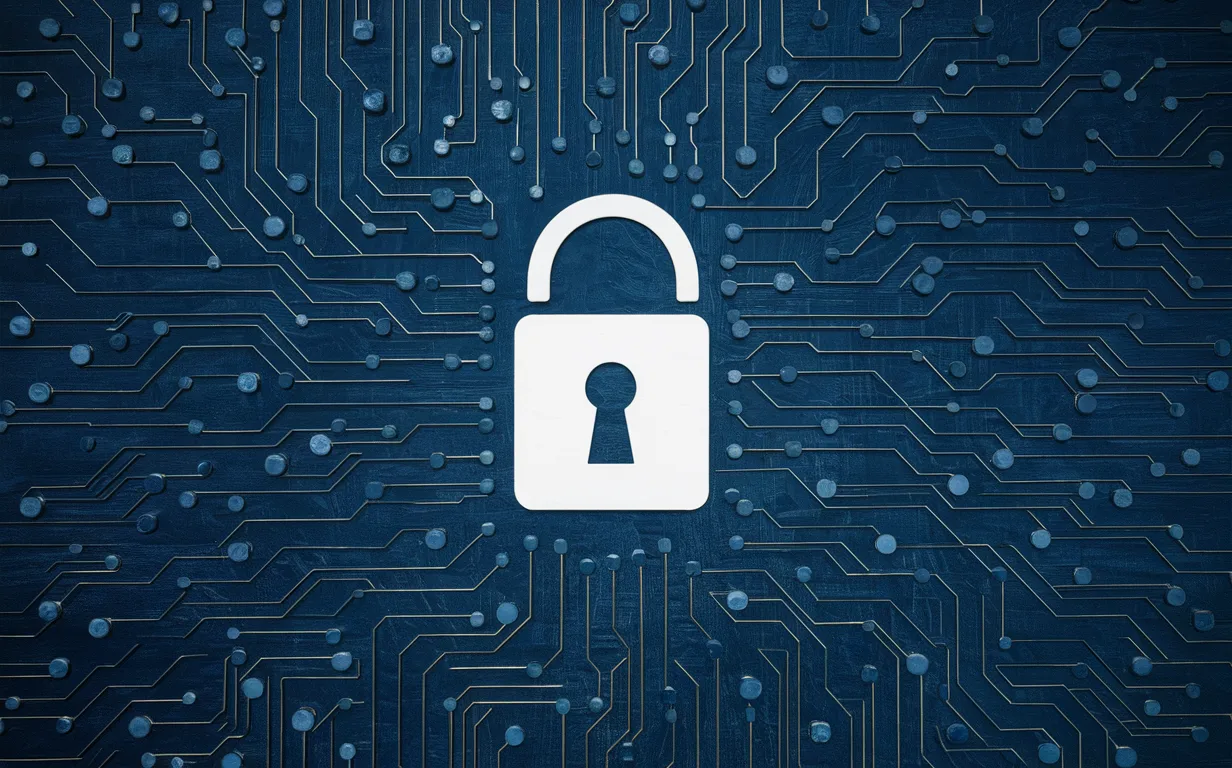Why Deleting Personal Data from the Internet is Crucial for Your Privacy?
In today’s digital age, our personal information is constantly being collected, stored, and shared online. While this can have its benefits in terms of convenience and personalized experiences, it also poses a significant threat to our privacy. With the increasing number of data breaches, identity theft cases, and online surveillance, taking control of our personal data has never been more critical.
Understanding the Risks of Having Personal Data Online
When we share our personal information online, whether through social media, online shopping, or other digital platforms, we are essentially creating a digital footprint that can be traced back to us. This data can include our names, addresses, phone numbers, email addresses, financial information, and even our browsing habits and preferences.
This digital footprint can be collected and analyzed by companies, advertisers, and even hackers, putting our privacy and security at risk. It is important to be cautious about what information we share online and to regularly review and update our privacy settings to help protect our personal data. Additionally, we should be mindful of the websites we visit, the links we click on, and the apps we download, as they can also track and collect our information. By being vigilant and proactive about our online presence, we can better safeguard our personal information and reduce the chances of falling victim to cyber threats.
The Benefits of Deleting Personal Data
By deleting personal data from the internet, individuals can regain a sense of control over their online privacy and security. Deleting unnecessary accounts, removing old posts and photos, and opting out of data collection practices can help minimize the amount of personal information available online.
By taking steps to delete personal data from internet, individuals can regain a sense of control over their online privacy and security. This can be achieved by deleting unnecessary accounts, removing old posts and photos, and opting out of data collection practices. By minimizing the amount of personal information available online, individuals can reduce their risk of identity theft, online harassment, and other privacy violations. Taking proactive steps to manage and delete personal data is an important aspect of maintaining control over one’s online presence and protecting one’s digital identity.
Steps to Delete Personal Data Online
There are several steps that individuals can take to delete personal data from the internet and enhance their privacy:
1. Review and adjust privacy settings on social media accounts: Regularly check the privacy settings on social media platforms to control who can see your information and posts.
2. Delete unused accounts: Remove accounts on websites or platforms that you no longer use to minimize the amount of personal data available online.
3. Use a secure password manager: Use a password manager to generate and store strong, unique passwords for each online account to prevent unauthorized access.
4. Opt out of data collection: Explore options to opt out of data collection by websites and online services to limit the amount of personal information being collected and stored.
5. Regularly clear browsing history and cookies: Clear browsing history and cookies from web browsers to remove traces of online activity and enhance privacy.
6. Monitor online presence: Regularly search for your name online to identify and address any personal information that may be publicly available.
7. Be cautious with sharing personal information: Be mindful of what personal information you share online and avoid providing unnecessary details that could compromise your privacy.
8. Consider using a virtual private network (VPN): Use a VPN to encrypt internet connection and protect online activity from being monitored by third parties.
9. Secure devices and accounts: Keep devices and accounts secure by enabling two-factor authentication, installing security updates, and using reputable security software.
10. Seek professional help if needed: If you are struggling to remove personal information from the internet, consider seeking professional services that specialize in online privacy and data removal.
The Legal Landscape of Personal Data Protection
With the introduction of regulations like the General Data Protection Regulation (GDPR) in Europe and the California Consumer Privacy Act (CCPA) in the United States, there is a growing emphasis on data protection and privacy rights. These regulations give individuals more control over their personal data and require companies to be more transparent about their data collection and usage practices.
Companies are now required to obtain explicit consent from individuals before collecting their personal data, and they must also provide easy ways for individuals to access, correct, or delete their data if requested. Non-compliance with these regulations can result in hefty fines and damage to a company’s reputation. As a result, businesses are increasingly investing in data protection measures, such as encryption, secure storage, and cybersecurity protocols, to ensure compliance and build trust with their customers. Overall, these regulations are driving a cultural shift towards greater respect for individual privacy and data security in the digital age.
Conclusion
Deleting personal data from the internet is crucial for safeguarding your privacy and protecting yourself from potential threats. By taking control of your online presence, reviewing and deleting unnecessary information, and using privacy tools and services, you can better protect your personal data and maintain a greater level of privacy in today’s digital world.






